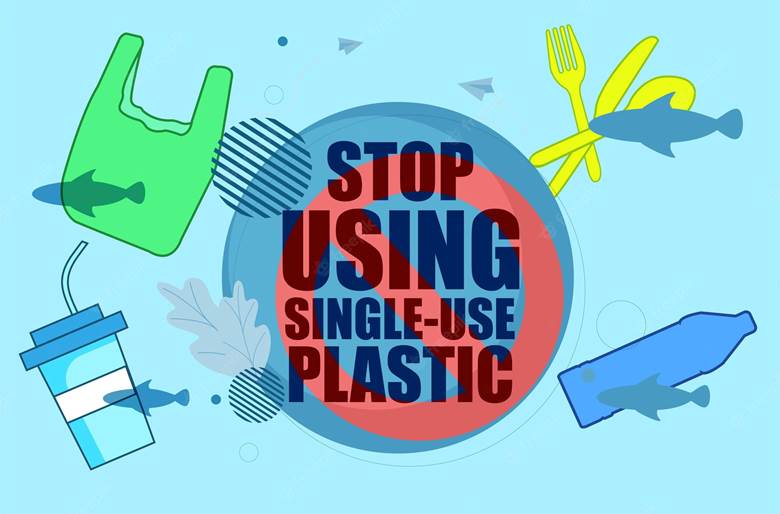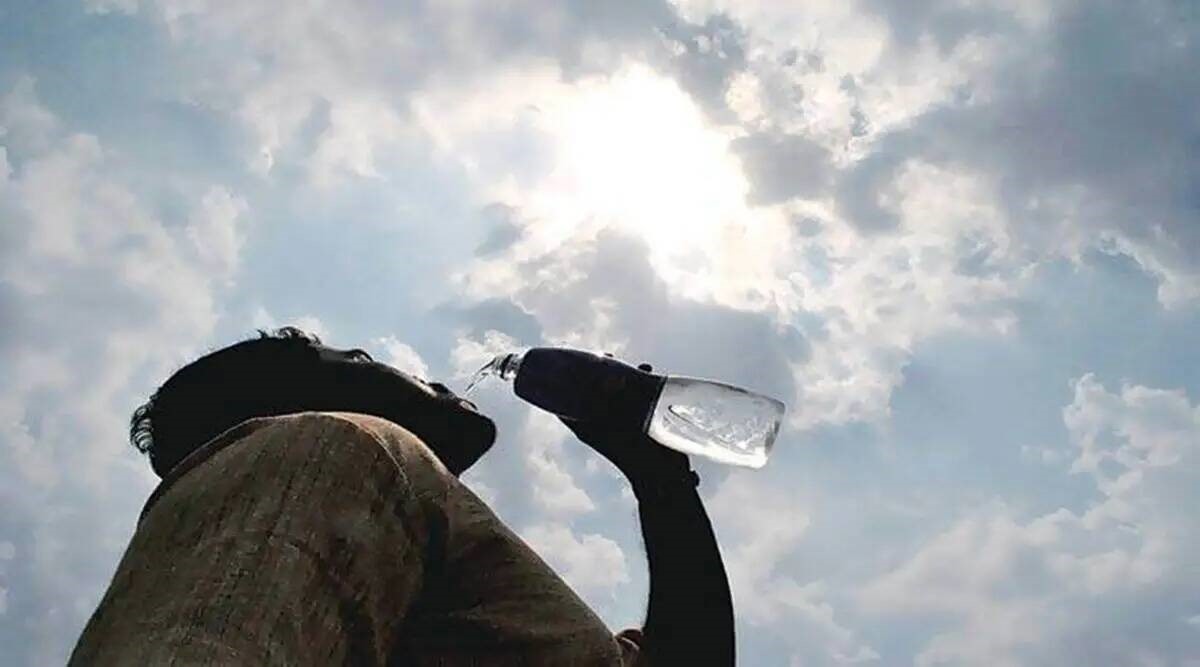Description

Copyright infringement not intended
Context: The Centre has banned the use of ‘single-use plastic’ from July 1. The Ministry for Environment, Forest and Climate Change issued a gazette notification last year announcing the ban and has now defined a list of items that will be banned from next month.
What is single-use plastic?
- As the name suggests, it refers to plastic items that are used once and discarded.
- Single-use plastic has among the highest shares of plastic manufactured and used — from packaging of items, to bottles (shampoo, detergents, cosmetics), polythene bags, face masks, coffee cups, cling film, trash bags, food packaging etc.
- A 2021 report by one of the Australian philanthropic organisations the Minderoo Foundation said single-use plastics account for a third of all plastic produced globally, with 98% manufactured from fossil fuels.
- Single-use plastic also accounts for the majority of plastic discarded – 130 million metric tonnes globally in 2019 — “all of which is burned, buried in landfills or discarded directly into the environment”, the report said.
- On the current trajectory of production, it has been projected that single-use plastic could account for 5-10% of greenhouse gas emissions by 2050.
- The report found that India features in the top 100 countries of single-use plastic waste generation – at rank 94 (the top three being Singapore, Australia and Oman.
- With domestic production of 11.8 million metric tonnes annually, and import of 2.9 MMT, India’s net generation of single-use plastic waste is 5.6 MMT, and per capita generation is 4 kg.
What are the items being banned?
- The items on which the Central Pollution Control Board (CPCB) have announced a ban are earbuds; balloon sticks; candy and ice-cream sticks; cutlery items including plates, cups, glasses, forks, spoons, knives, trays; sweet boxes; invitation cards; cigarette packs; PVC banners measuring under 100 microns; and polystyrene for decoration.
- The Ministry had already banned polythene bags under 75 microns in September 2021, expanding the limit from the earlier 50 microns.
- From December, the ban will be extended to polythene bags under 120 microns.
- While manufacturers can use the same machine for 50- and 75-micron bags, the machinery will need to be upgraded for 120 microns.
- According to the Plastic Waste Management Rules, 2016, there is also a complete ban on sachets using plastic material for storing, packing or selling gutkha, tobacco and pan masala.
- The items chosen are difficult to collect, especially since most are either small, or discarded directly into the environment – like ice-cream sticks. It then becomes difficult to collect for recycling, unlike the much larger items.
How will the ban be enforced?
- The ban will be monitored by the CPCB from the Centre and by the State Pollution Control Boards (SPCBs) that will report to the Centre regularly.
- Directions have been issued at national, state and local levels — for example, to all petrochemical industries — to not supply raw materials to industries engaged in the banned items.
- Directions have also been issued to SPCBs and Pollution Control Committees to modify or revoke consent to operate issued under the Air/Water Act to industries engaged in single-use plastic items.
- Local authorities have been directed to issue fresh commercial licenses with the condition that SUP items will not be sold on their premises, and existing commercial licences will be cancelled if they are found to be selling these items.
How are other countries dealing with single-use plastic?
- Earlier this year, 124 countries, parties to the United Nations Environment Assembly, including India, signed a resolution to draw up an agreement which will in the future make it legally binding for the signatories to address the full life of plastics from production to disposal, to end plastic pollution.
- Bangladesh became the first country to ban thin plastic bags in 2002. New Zealand became the latest country to ban plastic bags in July 2019. China issued a ban on plastic bags in 2020 with phased implementation.
- As of July 2019, 68 countries have plastic bag bans with varying degrees of enforcement.
- Eight states in the US have banned single-use plastic bags, beginning with California in 2014. Seattle became the first major US city to ban plastic straws in 2018.
- On July 2, 2021, the Directive on Single-Use Plastics took effect in the European Union (EU). The directive bans certain single-use plastics for which alternatives are available; single-use plastic plates, cutlery, straws, balloon sticks and cotton buds cannot be placed on the markets of the EU member states.
Phased ban on plastics is welcome. Challenge will lie in enforcement, bringing in viable substitutes | The Indian Express
Will banning single-use plastics impact our health? | Lifestyle News,The Indian Express
Govt to set up control rooms to enforce single-use plastic ban: Minister | India News,The Indian Express
1.png)
















